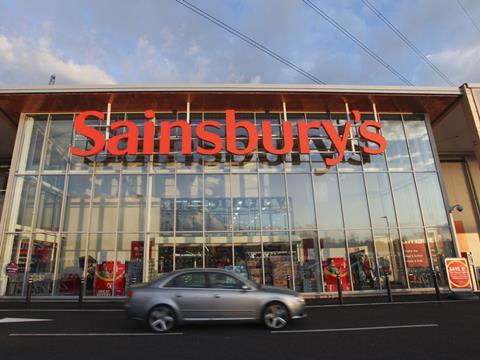
Sainsbury’s has expressed “disappointment” at the failure of a select committee report to recognise the efforts of supermarkets to tackle food waste in the supply chain.
The Efra select committee report Food Waste in England set out 30 core recommendations for the next government to tackle food surplus in the UK on 30 April. These include a requirement for retailers to publish food waste data, a national target on food waste reduction and a review of the need for more fiscal measures to boost redistribution, in line with the goals of The Grocer’s own Waste Not Want Not campaign.
The report commended Tesco and Sainsbury’s for their bids to publish food waste data, but argued the lack of similar initiatives by other retailers showed a voluntary approach was “inadequate”. It also slammed date labelling on food products as “potentially misleading and unnecessarily confusing”.
A Sainsbury’s spokesperson said: “Whilst we welcome the committee highlighting the need for more work to reduce food waste, we’re disappointed the report fails to fully acknowledge the extensive work that has been carried out by certain supermarkets, such as Sainsbury’s, to tackle and significantly reduce food waste.”
Publication of the 44-page report followed months of written evidence submissions and oral hearings, with the final version pushed through ahead of schedule as a result of the snap general election called in April.
Sainsbury’s added that “it’s also surprising that, while retail accounts for 2% of UK food waste, the report states that manufacturing accounts for almost nine times more than this - and yet criticism in this report is largely reserved for supermarkets.”
But rival Tesco “welcomed” the findings. “We’re encouraged that it highlights some of the work we’ve done, including publishing food waste data and using this to work with our partners to reduce food waste wherever it occurs, from farm to fork,” said Mark Little, head of sustainability, sourcing and food waste reduction.
Food waste charities and campaigners have also largely welcomed the scope of the recommendations by the committee, chaired by Neil Parish MP, with many urging that these now be used to place pressure on the incoming government.
Carina Millstone, executive director of Feedback, said: “We’re delighted that the committee has clearly taken the issue of food waste in England very seriously and has taken up many of our recommendations.
“With an incoming government preoccupied with Brexit negotiations, strong voices are needed to ensure the government requires English businesses to live up to their promises on waste, and are pleased to see a recommendation that large businesses should report on their food waste. We urge the next government to see this report as an opportunity and a challenge to take the lead on tackling food waste, from farm to fork.”
The organisation, founded by Tristram Stuart, added that it “particularly welcomed the suggested introduction of a national food waste reduction target, which could galvanise government, local authority, community and business action” though others remain unconvinced.
For Tom Rumboll, commercial director at Company Shop, “there is consensus across the industry that food waste needs to be reduced and we already have ambitious voluntary targets in place through Courtauld 2025 that the industry is getting behind.
“So rather than starting from scratch or creating parallel plans, it might be most effective for government to invest more in the work of Wrap and others, to support the delivery of the Courtauld plan and facilitate more awareness raising around it.”
This was echoed by Steve Haines, head of community engagement at Neighbourly, who called for a strengthening of the existing Courtauld commitment alongside any work on transparency or legislative targets. “If I were to put my efforts anywhere I’d put it behind making Courtauld much more compelling, better resourced and a stronger commitment than it currently is,” he said. “Whether, in isolation, just requiring data to be transparent, I think that’s part of the story, but the end of the story is people working together to take action on the issue.”







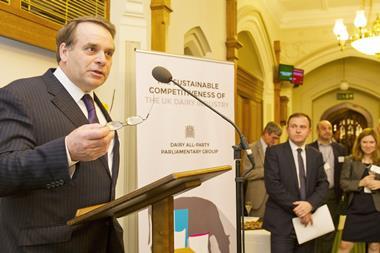
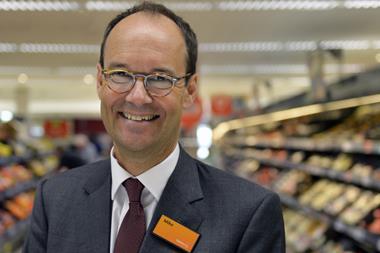


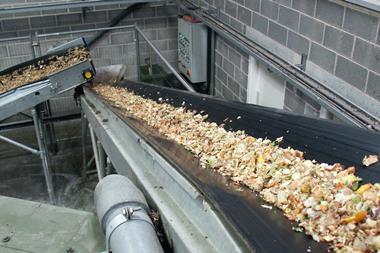
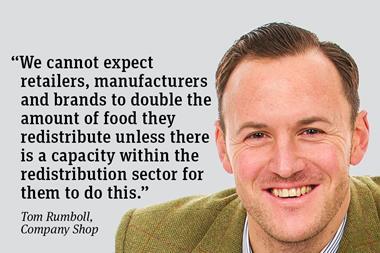






No comments yet